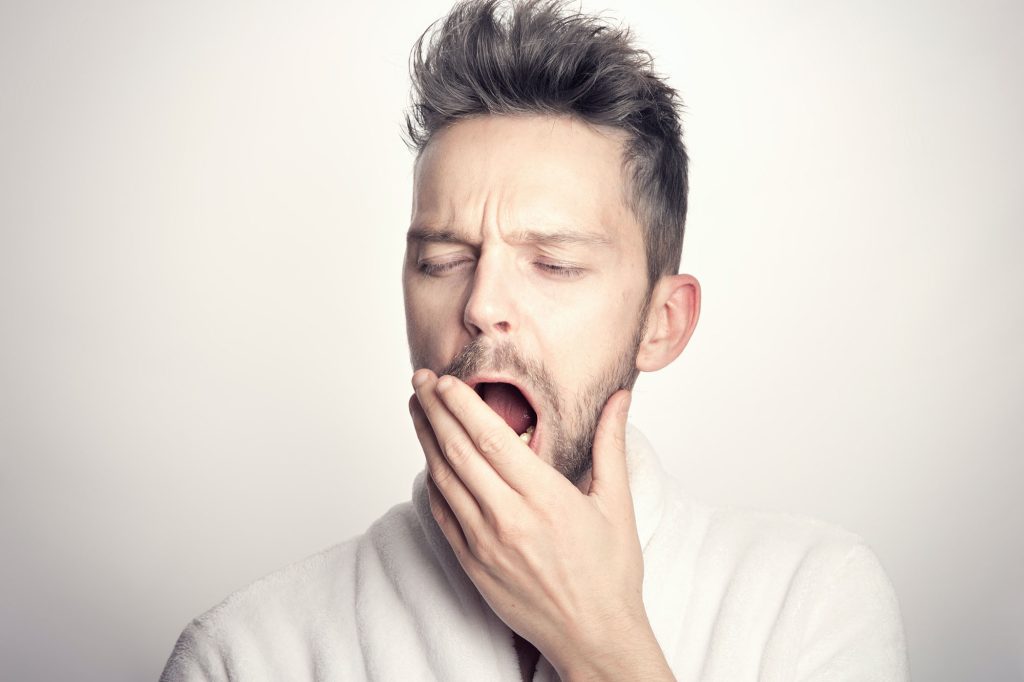Home / Sleep Apnea

Sleep is not just a state of rest. It is a valuable system of replenishment of the body’s energy resources so that it may function efficiently throughout the day. Snoring is an indication of sleep fragmentation which leads to a breakdown in the body’s resistance to disease and ill health. Those suffering with SDB (Sleep Disordered Breathing) are also likely to be at risk of developing respiratory and lung problems, heart disease, stroke, Diabetes and high blood pressure.
The complex neurological state of sleep restores and prepares the body for activity, both physical and mental. Repeated interruption results in extreme exhaustion during the day and this in turn leads to an inability to concentrate on even simple tasks; irritability; disinterest in important work-related issues and may even cause accidents in the home, at work or on the road through exhaustion and the incapability of functioning normally.
Certain factors may contribute to the risk of developing SDB, such as a habitual and excessive intake of alcohol, obesity and a sedentary lifestyle. Over forties are more likely to develop sleep disorders as the pharyngeal muscles weaken with age.

SDB is directly linked with sleep apnea or OSA (Obstructive Sleep Apnea). The soft tissue at the back of the throat and the delicate muscles in that area, relaxed during sleep, block the airway and therefore restrict the amount of oxygen available to the sleeper. Fighting the repetitive collapse of the pharyngeal airway and in an effort to find more oxygen, the sleeper draws in air more violently, snoring loudly in the attempt, and also gaspin and snorting at intervals. The ‘sleeper’ is actually ‘awake’, albeit intermittently, for most of the night, continually woken on sometimes hundreds of occasions but usually unaware in the morning that he has had such an active sleep experience. He simply feels exhausted and over time will be unable to cope with his daily routine through lack of sleep.
Doctors and sleep specialists might initially recommend CPAP therapy (Continuous Positive Airway Pressure) but patients are rarely able to benefit from the treatment as it involves wearing a full facial mask strapped to the head, attached to a main unit by a long hose. The cure, in the case of CPAP, is often referred to as ‘worse than the disease’ and a large proportion of sleep apnea sufferers refuse to complete the program as it is uncomfortable and unattractive.

Luckily, there is a dental alternative to the invasive CPAP therapy. A small and discreet oral device may be fitted that lifts the natural bite and repositions the jaw so the pharyngeal airway remains open throughout the night. The device is comfortable to wear and normal sleep patterns are resumed immediately.
The patient, free of the nightly labors of Sleep Disordered Breathing, recovers daytime alertness from the first week of wearing the device, along with the ability to function efficiently. Normality is restored without the discomfort of more invasive correctional devices.

© 2023 Discovery Dental. All Rights Reserved.
© 2023 Discovery Dental.
All Rights Reserved.